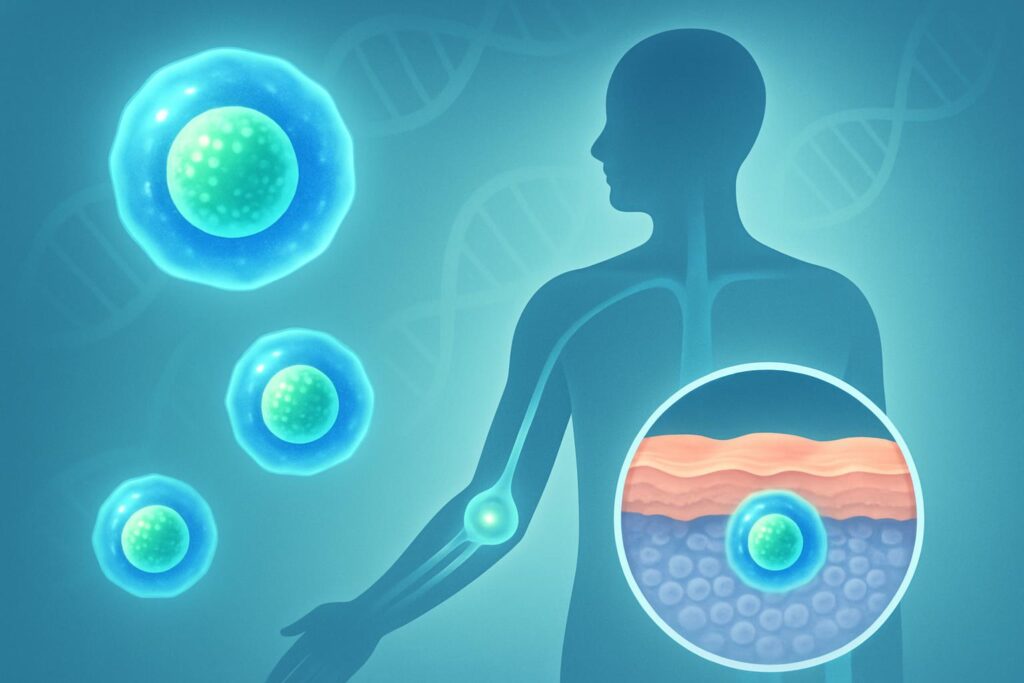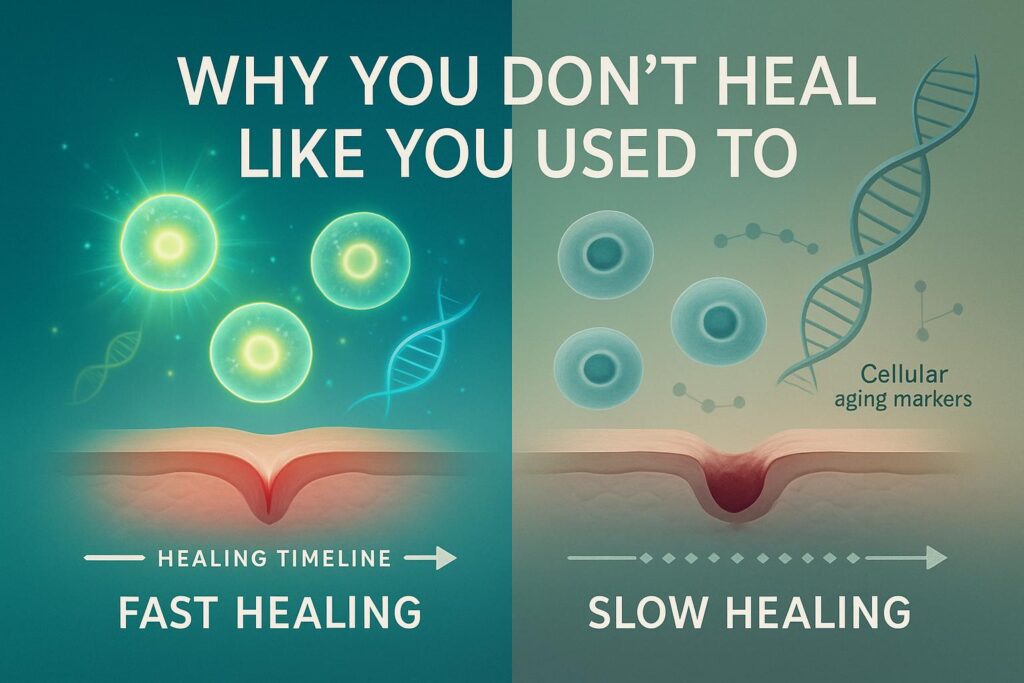Gallant Therapeutics, a pioneering biotechnology company in animal health, has announced the initiation of the JEDI study, a pivotal trial to assess the safety and effectiveness of a novel allogeneic stem cell therapy for cats suffering from refractory feline chronic gingivostomatitis (FCGS).
This groundbreaking study represents a potential first-in-class therapy for a severe disease that affects approximately 2 million domestic cats, causing painful mucosal lesions and significantly reducing their quality of life.
Addressing a Critical Need in Veterinary Medicine
FCGS is a debilitating condition that often leads to the death of affected cats. The current treatments, which include long-term immunosuppressive therapy and dental extraction, are ineffective in more than 50% of cases, leaving these cats with no other options and often leading to euthanasia.
Gallant Therapeutics’ investigational stem cell therapy has shown promising results in pilot studies, improving lesions and enhancing the quality of life for cats with refractory FCGS.
The JEDI Study: A Multicenter Effort
The JEDI study is a multicenter trial involving veterinary dental specialist sites across the United States. It is currently enrolling cats under an FDA-concurred protocol.
The study builds on previous research demonstrating the efficacy of mesenchymal stem cells (MSCs) in improving clinical status and lesion scores in cats with refractory FCGS.
The therapy’s ready-to-use formulation is a crucial factor in its potential success as a first-in-class treatment in veterinary medicine.
Gallant Therapeutics’ Vision and Mission
Gallant Therapeutics is committed to setting a new standard in animal health by harnessing the power of stem cell therapy to treat the root cause of diseases in dogs and cats.
Their pipeline includes therapies for various conditions, including canine and feline osteoarthritis and chronic kidney disease.
The company’s first product for FCGS is on track for FDA conditional approval in 2025.
Participation in the JEDI Study
Cats exhibiting symptoms such as excessive licking, drooling, decreased grooming, anorexia, weight loss, reduced socialization, vocalization, bleeding gums, and painful sores in the mouth may have FCGS.
Cats that have undergone medical treatment and dental extraction but still show signs of the disease are considered refractory and may be eligible for the JEDI study.
For more information on eligibility and other criteria, interested parties can visit Gallant Therapeutics’ website.
Conclusion
The launch of the JEDI study by Gallant Therapeutics marks a significant milestone in the field of veterinary medicine, potentially offering a groundbreaking treatment for a disease with a high unmet medical need. This initiative aligns with Gallant’s mission to bring regenerative medicine to all pets and their families, demonstrating the transformative potential of stem cell therapies in animal health.
For more information about Gallant Therapeutics and the JEDI study, please visit Gallant Therapeutics.



